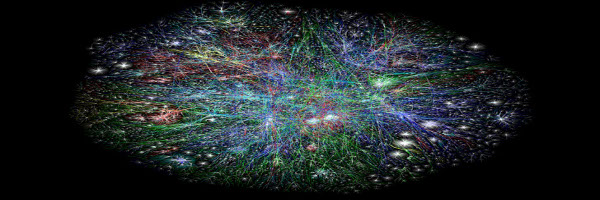We have all heard the terms poor, middle class, and rich, or some variant of those terms. They are descriptions of position in a socio-economic system. Yet, how accurate are these descriptors? Even the most well defined methodology of class identification is limited to basic measurements of income and wealth, which are wholly inadequate measures. A new model for class stratification in the American socio-economic system is a necessary step forward in evaluating the condition of individuals within the system.
[extoc]
Introduction
There are three primary stratum in commonly used socio-economic models of class stratification in American society: lower, middle, and upper class. Position within these strata are determined by factors such as income, net worth, and to some extent, type of worth. These three strata are often subdivided. Gilbert, 2002, William Thompson & Joseph Hickey, 2005, and Leonard Beeghley, 2004 offer some ways in which these divisions can be decided. Gilbert utilizes the type of work performed and the level of education obtained; the other two include estimates of income in their divisions. While an imperfectly functioning market can be split into three broad categories, these categories do not always tell the whole story.
False Classifications
Now one might wonder, what kind of decisions do we make based on the perceived location of certain individuals within the system? Well, as has become quite apparent with recent media attention, we very often make emotional judgments based the status of individuals. We may even view someone who is perceived to be in a higher division with envy. Tax policy is also affected by these divisions. It might seem reasonable to assume that someone within the upper divisions could handle a greater tax burden than can those in lower divisions, and perhaps to some extent, that is true.

